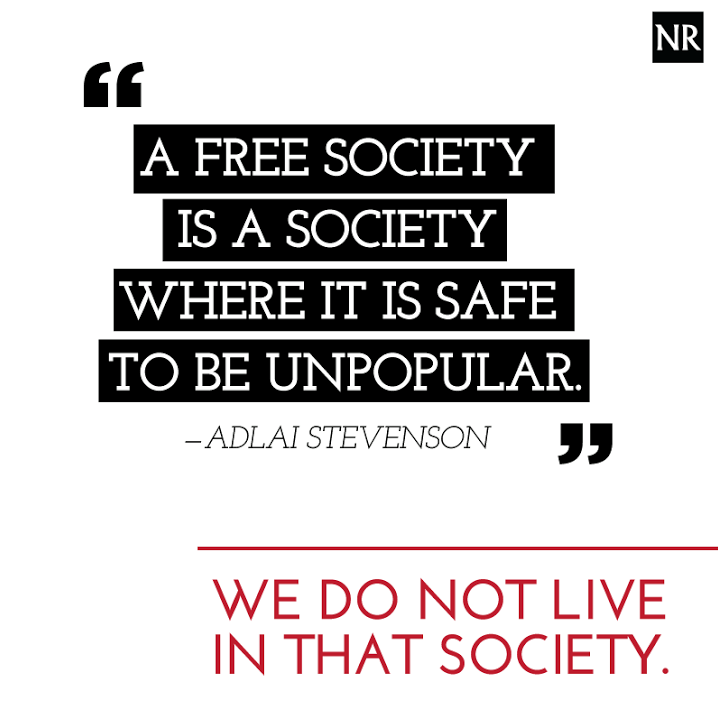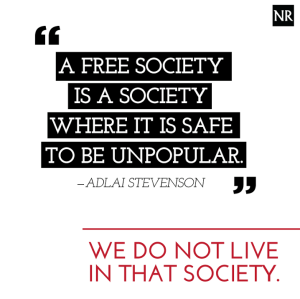Ephesians 4:28 (ESV)
28 Let the thief no longer steal, but rather let him labor, doing honest work with his own hands, so that he may have something to share with anyone in need.
Aside from 2:11, this is the first set of imperatives in Ephesians, and there are many from here to the end of the book. 4:25 may represent the actual “practical” section of the book more than 4:1.
Note also that this section begins the practical application of 4:17-24: for example, the thief, in taking off the old self and being renewed, puts on something else. Also, the thief, rather than being merely reformed in his behaviour, goes further than the world does (in merely desiring him to cease stealing), but employs himself, and that for the good of others. Humanistic thinking is satisfied with the former thief’s employment to cease to be a burden to society, but a thief renewed in the spirit of his mind will employ himself beyond that to be benevolent to others. This stands, therefore, in sharp contrast to humanistic schemes of charity and benevolence. The one seeks only a an outward change to a minimum standard; the other demonstrates the outworking of a new creation.
It may also be noted that the thief is encouraged to work, not simply to supply his own needs, but to share with those in need. The common word for “give” (didomi) occurs almost 700 times in the New Testament. But there is another form of this word, “to share” (metadidomi). This form occurs five times in the New Testament and is variously translated, “contribute, impart, share.”
This is the kind of application that is true Christianity, and not religious moralism.
The idea that the thief should work so that his earnings may be confiscated by the state (taxed), to be given to others, is foreign to the New Testament order. Sharing is not of compulsion, but is the action of a renewed heart toward one in need. The one who shares is in the position to see a need, and act upon it out of love; the state is unable to determine the difference between true need and sloth, and is too willing to give the property of others to those who are not in need. To often Christians mistakenly view compassion outsourced to the state as real compassion, when this is actually foreign to the teachings of Christ and the Apostles. –SJ




